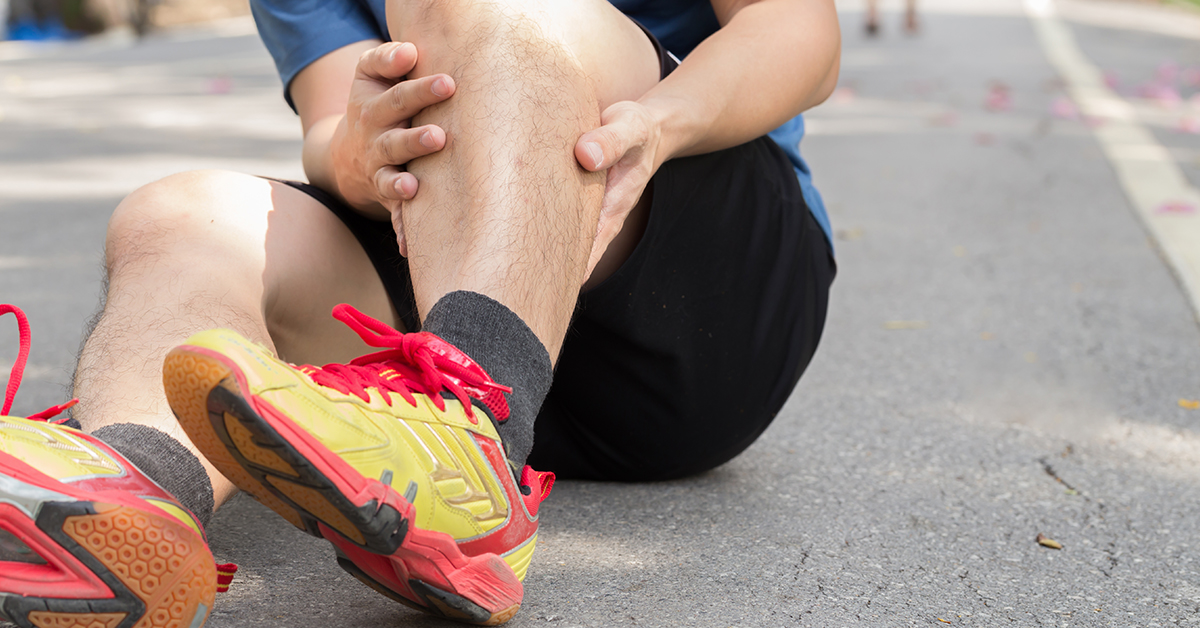
What are Shin Splints?
Medial tibial stress syndrome, more commonly known as shin splints, is a fairly common condition among athletes. Shin splints are an inflammatory condition that takes place around the tibia, which is also referred to as the lower leg bone or shinbone. This condition, which is especially common among athletes that run, can be very painful.
What causes Shin Splints?
The tibialis anterior is a muscle running along the front of the tibia, or lower leg bone. This muscle aids in running, walking, and other physical activities. Over time, the tibialis anterior can stretch, and in some cases, this can cause tearing of the tendons that connect the muscle to the tibia. Shin splints are an overuse injury that's especially common in those who run on banked or hard surfaces, but this condition can also be caused by wearing hard-soled or poorly padded shoes, sudden changes in physical activity, or structural abnormalities of the foot such as flat feet.
Symptoms and Diagnosis
Symptoms of shin splints usually include pain along the tibia that may increase with activity. Other symptoms may include redness or swelling of the affected area. This condition may be diagnosed after a physical exam and medical history review. Your doctor may order imaging tests such as a magnetic resonance imaging, or MRI, scan or a bone scan to confirm the diagnosis and to help determine the severity of the condition.
How are Shin Splints treated?
Treatment options vary depending on the condition's severity, the patient's general health, and other factors. Conservative methods such as rest, elevation of the leg, anti-inflammatory medications, and cold compression may help with symptoms of shin splints. Other treatment options may include bracing, cross training, physical therapy, or special orthotics. If the condition is very severe, surgery may be required.

